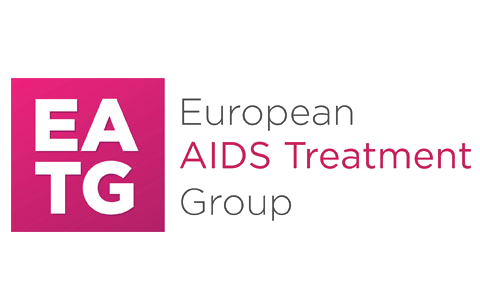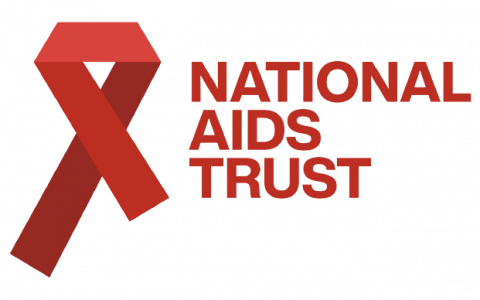
Case Study
Italy – Geriatric patients with HIV/AIDS: A prospective multidimensional cohort (GEPPO)
-
Context
Population of people with HIV (PWH) is graying: an estimated 60% of HIV patients in Italy are expected to be over 60 years of age by 2030 and 10% over 70 years of age.
There are several cohort studies, monocenter or multicenter, such as the ICONA cohort, addressing PWH and their diseases and treatments, that have included ageing individuals, and give important results on HIV clinical course. These cohorts might integrate and/or be comparators with the only cohort addressing only geriatric PWH, i.e. the GEriatricPatients with HIV/AIDS (GEPPO) cohort.
GEPPO [1],[2] is a prospective observational multi centric cohort of geriatric patients being treated for HIV in 11 centres across northern and central Italy. It aims to describe health status and transition over time in HIV-infected patients above 65 years.
-
AimsGEPPO is a prospective observational multi-centric cohort including geriatric patients with HIV. The purpose of GEPPO is to determine PWH health status and how it changes over time, to investigate the extent to which the geriatric care model (reduction of polypharmacy and prevention and better management of multiple morbidities) applies to HIV patients and to identify factors affecting their healthy life expectancy.
-
Method
GEPPO gathers patients recruited in eleven different Italian centres of infectious diseases, with the coordination of the Metabolic Clinic of Modena. The cohort was born in 2015 with the aim of evaluating various aspects, including the state of health and its variations in people with HIV aged ≥65 years, to investigate how to apply geriatric care to this population cluster, and to identify coexisting factors, such as disability, comorbidities and mortality, that influence the quality and life expectancy of elderly HIV subjects.
The inclusion criteria at the moment of recruitment were: age ≥ 65 years, HIV antibodies positive, being on highly active antiretroviral therapy for at least 6 months (categorised as multidrug regimens and less drug regimens). Multi-morbidity (MM) is defined as the presence of three or more non-communicable diseases, and polypharmacy (PP) as the use of five or more medications in chronic use.
GEPPO cohort is coordinated by a Board of expert geriatric and infectious disease clinicians belonging to participating centres. Pharmacovigilance studies carried out in GEPPO are funded by pharmaceutical companies.
-
Results
The GEPPO cohort is one of the largest existing geriatric cohorts in HIV. It depicts a well characterised population of people ageing with HIV, with a median duration of HIV of 17 years and a homogeneous exposure to decades of HIV infection: <10 years, 10 – 20 years and above 20 years. The expectation is that GEPPO cohort may help characterise antiretroviral (ARV) prescribing criteria used in real life by Italian infectious disease physicians.
The study published in 2017 [2] describes the results obtained.
- Target reached: 3,100 HIV-positive patients involved and 1,222 included (median age 70 years); females composed 16% of the cohort.
- MM was present in 64% and PP in 37% of the patients.
- Treatment consisted of triple therapy in 66.4%, dual therapy in 25.3%, monotherapy in 6.5% and ‘mega-antiretroviral therapy’ with more than three drugs in 1.64% of the patients.
- Female gender and age were predictors of unboosted ARV regimens.
- One of the most surprising findings in the GEPPO cohort is the impressive number of different ARV drugs and drug classes.
-
Recommendations
Multimorbidities are generally associated with age, and for this reason it is important to choose antiretroviral therapy in order to limit toxicity and interaction with other drugs administered to the patient. In the over 65s, the most common diseases in addition to HIV are cardiovascular diseases and, secondarily, kidney and bone diseases.
At the same time there is little high-quality evidence to guide ARV prescriptions for the elderly HIV population because these patients are generally excluded from clinical trials: medications used to treat chronic and acute diseases are in fact rarely tested in the older population due to the high prevalence of geriatric conditions (ie, cognitive impairment, functional deficits and geriatric syndromes) that can impact on treatment adherence and limit life expectancy.
This acknowledgment suggests that there’s an urgent need to work in this direction to arrive to the formulation of ARV prescriptions that are as suitable as possible for the individual patient and his/her problems, including those related to age. Data in fact lead to argue that a tailored approach to drug treatment in elderly HIV positive patients with MM is highly recommended, but there’s a high prevalence of non-conventional ARV regimens in elderly HIV patients due to the fact that clinicians tailor ARV regimens according to age, HIV duration, MM and PP.







